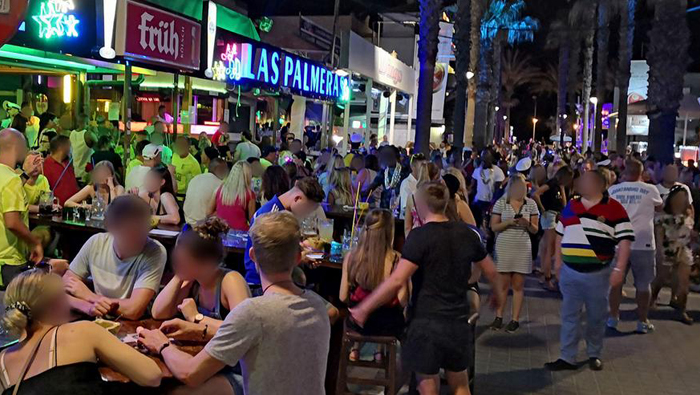
Brussels: Countries like China, South Korea, New Zealand and many EU member states swiftly imposed strict lockdown measures and traced infection chains to contain the coronavirus outbreak. This decisive action proved largely successful. Infection rates gradually slowed to a manageable level.
These determined steps have spared many health care systems from total collapse. And have allowed many economies to slowly get back on track, despite initial setbacks.
Yet this return to normalcy should not lull us into a false sense of security. We must remain careful. The coronavirus pandemic is far from over. Indeed, the global infection rate continues to rise exponentially, meaning that every day, more and more people continue to contract the virus. The pandemic is now more dangerous than ever before.
The virus has hit countries with poor health care system hardest. And particularly countries where many impoverished people live in close proximity to one another. It has also struck those countries where leaders have prioritized economic health over that of their citizens and refuse to impose stringent measures to curb the outbreak.
Countries like the US, Brazil, India, Russia, South Africa and Mexico are still seeing infection rates soar. They are, in other words, still in the midst of the first infection wave. Many other countries that have seen their infection curves flatten, however, now fear a second wave may be looming. Several EU member states are already reporting a new spike in infections.
A second wave of infections is very likely. While we will be unable to stop it, we now know how to slow it down. This will only be possible if everyone acts responsibly by foregoing large gatherings, avoiding parties and other public events. This also means going on holiday only with your nearest and dearest.
Avoid crowds
Those who can't wait to let their hair down, mingle and rub shoulders with others are acting selfishly.
We've already paid a steep price. Some have lost friends and family members to the virus. Many others have lost their jobs, or have been forced to shut down their businesses.
For their sake, and our own, we must continue to take the coronavirus seriously. The recent lifting of restrictions does not give us the right to act recklessly.